The 27th St. Petersburg International Economic Forum (SPIEF) has kicked off with a focus on “The Formation of New Areas of Growth as the Cornerstone of a Multipolar World.”
SPIEF has evolved into a prominent global platform where the business community convenes to address crucial economic matters impacting Russia, emerging markets, and the global economy. This year’s edition has drawn over 17,100 participants from 136 countries and territories, along with 3,400 media representatives.
Also Read:Russia To Build Central Asia’s First Nuclear Power Plant
Russian President Vladimir Putin is scheduled to deliver a keynote address during the forum’s plenary session, underscoring the significance of the event.
The SPIEF-2024 agenda is structured around four main themes: the Transition to a Multipolar World Economy, Goals and Objectives of Russia’s New Economic Cycle, Technologies for Leadership, and A Healthy Society, Traditional Values, and Social Development as State Priorities. The program comprises more than 150 thematic sessions with over 1,000 moderators and speakers.
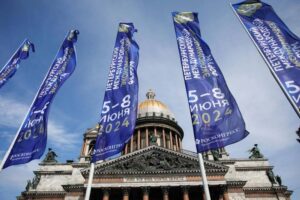
Also Read:Russia-China Alliance Shakes The Dominance, Stability of Western Allies
In addition to the main forum, events organized by the Russian Foreign Ministry will be held, including a briefing by Spokeswoman Maria Zakharova and a session on international AI regulation best practices on June 7. Furthermore, a debate on “Polycentricity: The Norm of a Future World without Colonies and Hegemons” by The International Affairs magazine is scheduled for June 8.
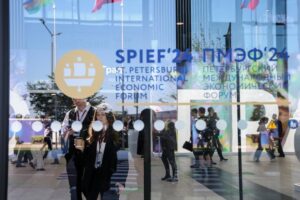
SPIEF-2024’s international track encompasses over 10 business dialogues involving various regions and countries such as the EAEU, ASEAN, Africa, Latin America, China, South Africa, Kazakhstan, India, Iran, and Brazil. These dialogues aim to foster partnerships and discussions on economic cooperation.
The St. Petersburg International Economic Forum serves as a platform for fostering economic cooperation and dialogue among nations, promoting innovation, and exploring new avenues for growth in a multipolar world,where a geopolitical landscape where power and influence are distributed among multiple major centers, rather than being dominated by a single superpower or bloc. This distribution of power leads to a more balanced and diverse international system where different actors play key roles and interact with one another on various issues.
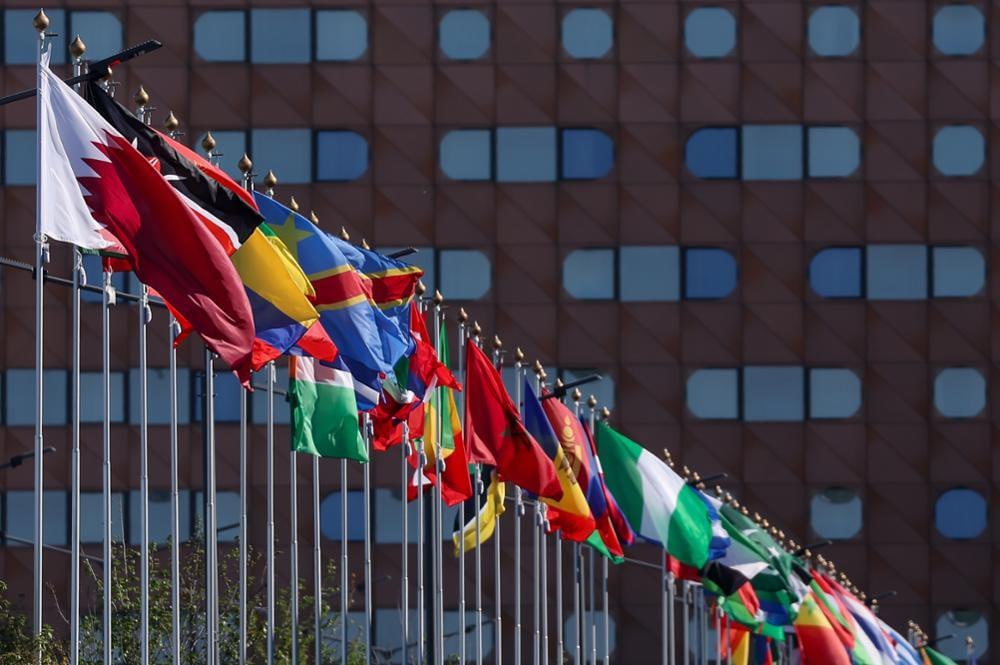
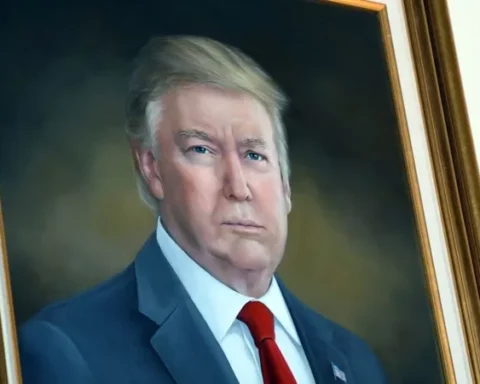
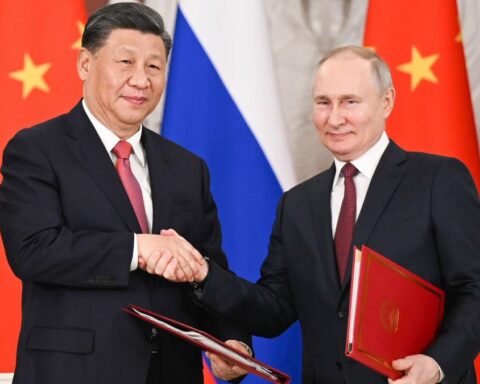
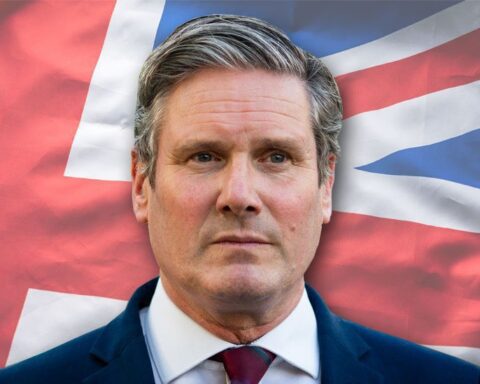
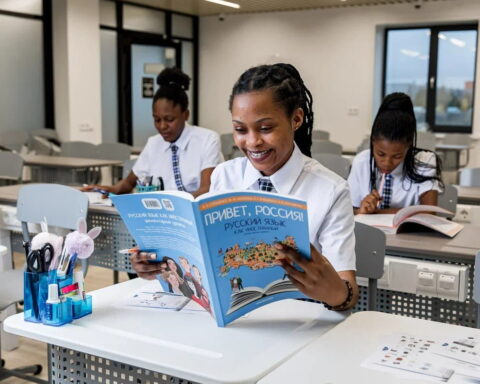


I loved your post Much obliged
I have been checking out a few of your posts and i can state clever stuff. I will make sure to bookmark your site.
I just like the helpful info you supply for your articles. I will bookmark your blog and take a look at once more right here regularly. I’m somewhat sure I’ll be informed a lot of new stuff proper right here! Best of luck for the following!
I’m very happy to read this. This is the kind of manual that needs to be given and not the accidental misinformation that is at the other blogs. Appreciate your sharing this best doc.